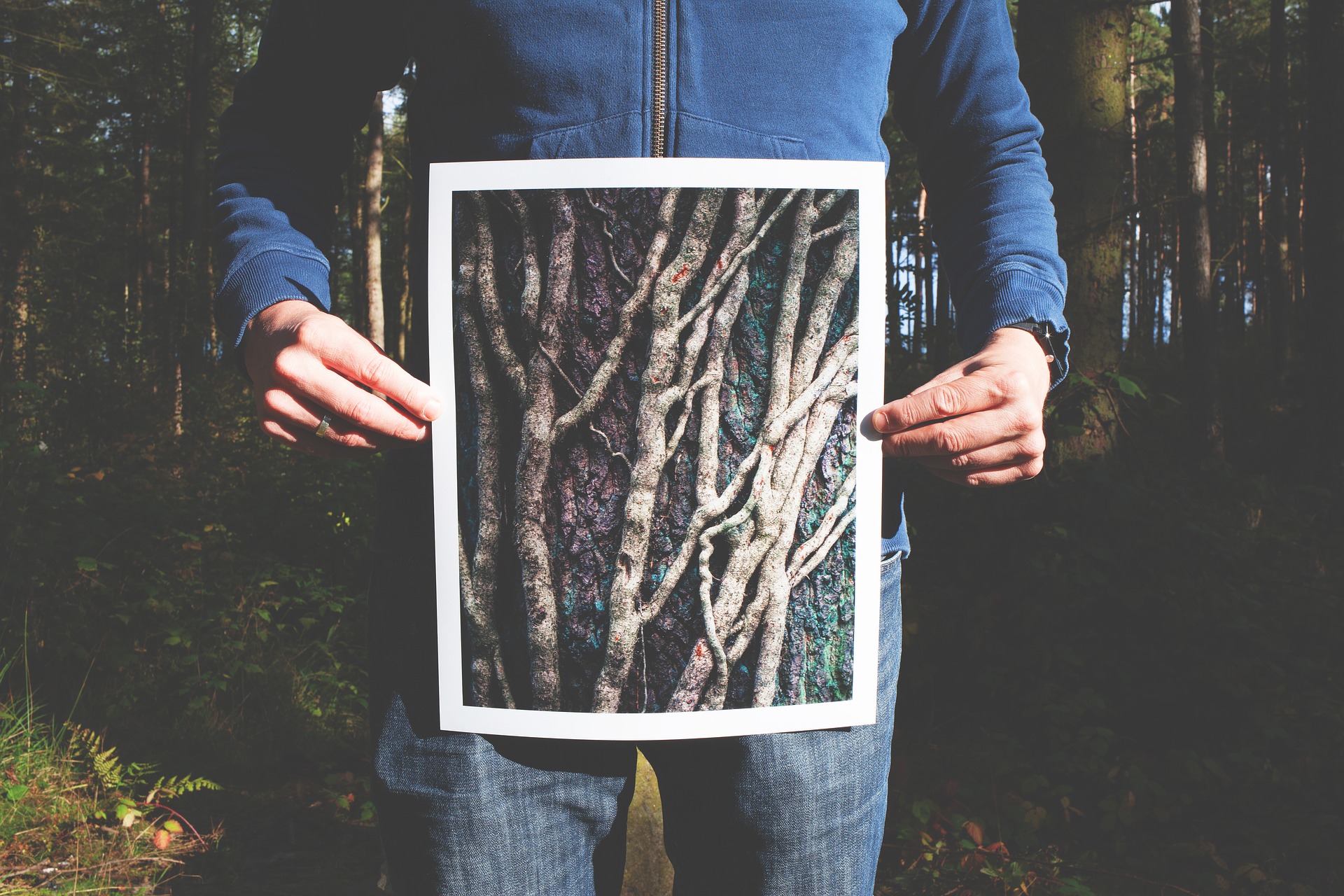Intrusive roots (also called invasive roots) are a plumbing nightmare. Intrusive roots can wreck your sewage lines. They break into your pipes in search of liquid and stay to clog them up and break them apart. If you have the common warning signs of intrusive roots, CIPP might be the answer. CIPP can rehabilitate your pipes and make them less appealing to thirsty landscaping.
Gurgling
Gurgling in your drains is a sign that air is getting into the pipes. Modern plumbing allows very little air into the system. Therefore, if you hear gurgling in your drains, it’s quite possible roots are growing into your system. Because they break the pipes open and keep them open, the pipes still flow, but gurgle as air makes its way through.
Chronic clogs and slow draining
One clog doesn’t indicate any specific plumbing problem, even intrusive roots. Before you jump to conclusions about your landscaping, you might consider a user error. Most clogs are the result of people not cleaning their pipes properly for too long. If you’re regularly having difficult with your drains, however, intrusive roots become more of a possibility.
Slow draining and chronic clogs are common signs that intrusive roots are getting into your system. If the problem always clears up when a plumber runs a snake through your pipes to clog bust, but then it returns in as little as a few weeks, you’re probably looking at an ongoing problem. Alternatively, CIPP provides a more permanent solution to your intrusive root troubles.
CIPP is seamless
One of the best ways that CIPP works to keep intrusive roots out of your plumbing is its construction. Aside from the laterals that have to be drilled into the pipe, CIPP is one solid piece of pipe. It’s inserted whole into the host pipe as a flexible cloth tube that carries resin. Once that resin is exposed to heat, it quickly hardens into a strong, solid pipe. This single pipe simply doesn’t allow a lot of purchase for roots to break into the system. It also helps prevents the roots from even “knowing” that there’s liquid to go after. It’s a great system in that regard; the roots won’t seek out the liquid if there aren’t seams to give them a taste.
CIPP doesn’t corrode
Some pipes also break down due to simple corrosion. Moving sewage and chemicals from one place to another is difficult on pipes. Though even CIPP will break down in time, it doesn’t corrode to the same degree and same speed that traditional pipes do. Thin, corroded pipes can leak fairly quickly after installation. The roots then come seeking more fluids, and they can end up digging into your pipes and causing more damage. CIPP can withstand more work, and thus keep roots out for longer.
Intrusive roots can cause air in your pipes and chronic clogs. CIPP is the best solution. You can rehabilitate your old pipes with seamless cured in place piping. The roots won’t have a place to burrow into your pipes. They also won’t corrode and become easy prey for moisture hungry tree roots.
